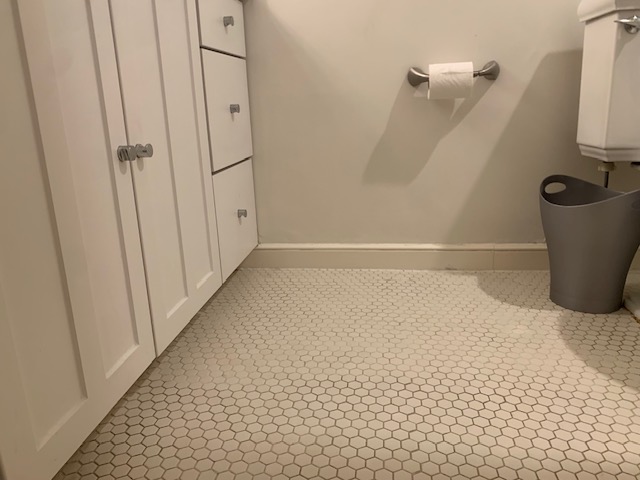
There’s a widely held belief that the greatest perk of being a teacher is the long summer vacation.
I’m a teacher and I agree.
By perk, I mean tangible, measurable compensation: pay, health insurance, days off, that sort of thing. What the school district gives me in exchange for my toil.
When it comes to the job itself, the kids are the most rewarding part. Obviously.
As to pay and benefits, well, all of it is just OK. Except for the summer vacation. In fact, I will confess that I wouldn’t do this work year after year after year were it not for the extraordinary benefit of having two full successive months off.
I’m a special education teacher and work with 4- and 5-year-olds. I give it my all and need to be at the top of my game every second to meet the widely diverse needs of an energetic age group. I likely burn 2000+ calories at work daily.
Though I start out the school year fresh and with plentiful energy, by April, my body’s exhausted and my head is spinning.
By May, I’m counting the days until summer break (mid-June in my district) and making a mental list of all I’ll accomplish over break.
By June, the list has been edited to mental perfection.
The last week of school, I’m overwhelmed with relief and disbelief that I made it.
Come the last day, I leave school convinced I deserve every last day of the break and feeling like I can do another year of teaching. I’ve just started my 16th and plan on getting to 20.
Also, it’s finally time to tackle that summer list!
This year, it included: cleaning the mosaic tile grout in the bathrooms, power washing my home’s vinyl siding, emptying the nice ceramic pots out in the yard that have been sitting there growing weeds for years, reading a few books, cooking more, laying on the hammock a lot, writing two hours every day.
I accomplished embarrassingly little of what I intended. The power washing and pot emptying went undone. I cooked three new recipes, wrote an average of 30 minutes a day, and read a grand total of three books (and that was thanks to my book club and peer pressure).
The grout-cleaning endeavor best exemplifies my productivity failure. I scrubbed clean about 17% of the floor tile grout, this even though there are just two smallish bathrooms with tile in my house. The third one is a tile-less half bath in the kitchen.
Does this happen to other teachers? Do they get to so little of whatever they intended to do over break?
Have they, unlike me, learned that being home means spending more time doing much of the same home and family things one also does during the school year, only with a bit more energy?
Are they able to chill remorselessly?
Two of my five sisters happen to be teachers so I asked them. Rosanna, a high school Spanish teacher going on her 18th year in the profession, reflected, “I feel like I have two separate lives — the school year me and the summer me.” Like me, she never gets to what she’d hoped, though this summer, she declared proudly, “I accomplished two major projects: moving, and visiting Venezuela.”
Coti, a middle school Spanish teacher, agreed that “summer” time has a way of slipping through the fingers. She’d hoped to get to some professional learning stuff this summer just because, you know, she’s going on her third year of teaching and is still at that eager stage. Us veteran teachers, we roll our eyes.
I also Googled “What do teachers do in the summer?”
Among the millions of hits, I’ll highlight two representative ones from the first page.
Here’s a list of things teachers do over the summer, according to We Are Teachers: 1) Work a second job, 2) Professional development, training, and other mandatory work for school, 3) Catch up on things they can’t do during the school year, 4) Get ahead on next school year, and 5) The three R’s.
The site Teacher Vision offered educators various summer ideas under subheadings like Pursue Online Professional Development, Get Ahead on Lesson Plans, and Teach Summer School. The list also contained two non-teaching related subheadings with items like read for pleasure, explore your hobbies, travel, and get some exercise. As if those wouldn’t cross our minds.
No list offered sources. They basically captured the writers’ notions of what teachers do or should do. So I went on Google Scholar to look for some research-based literature. I found none.
Conclusion: There are no statistics or good data on how teachers spend their summers.
I for one, did a lot more scrolling and sleeping than normal. Oh, and twenty days of marvelous, marriage-happiness-boosting travel. Otherwise, I don’t know where the successive 60+ days off went.
Still, I’m grateful for every single one of them.


